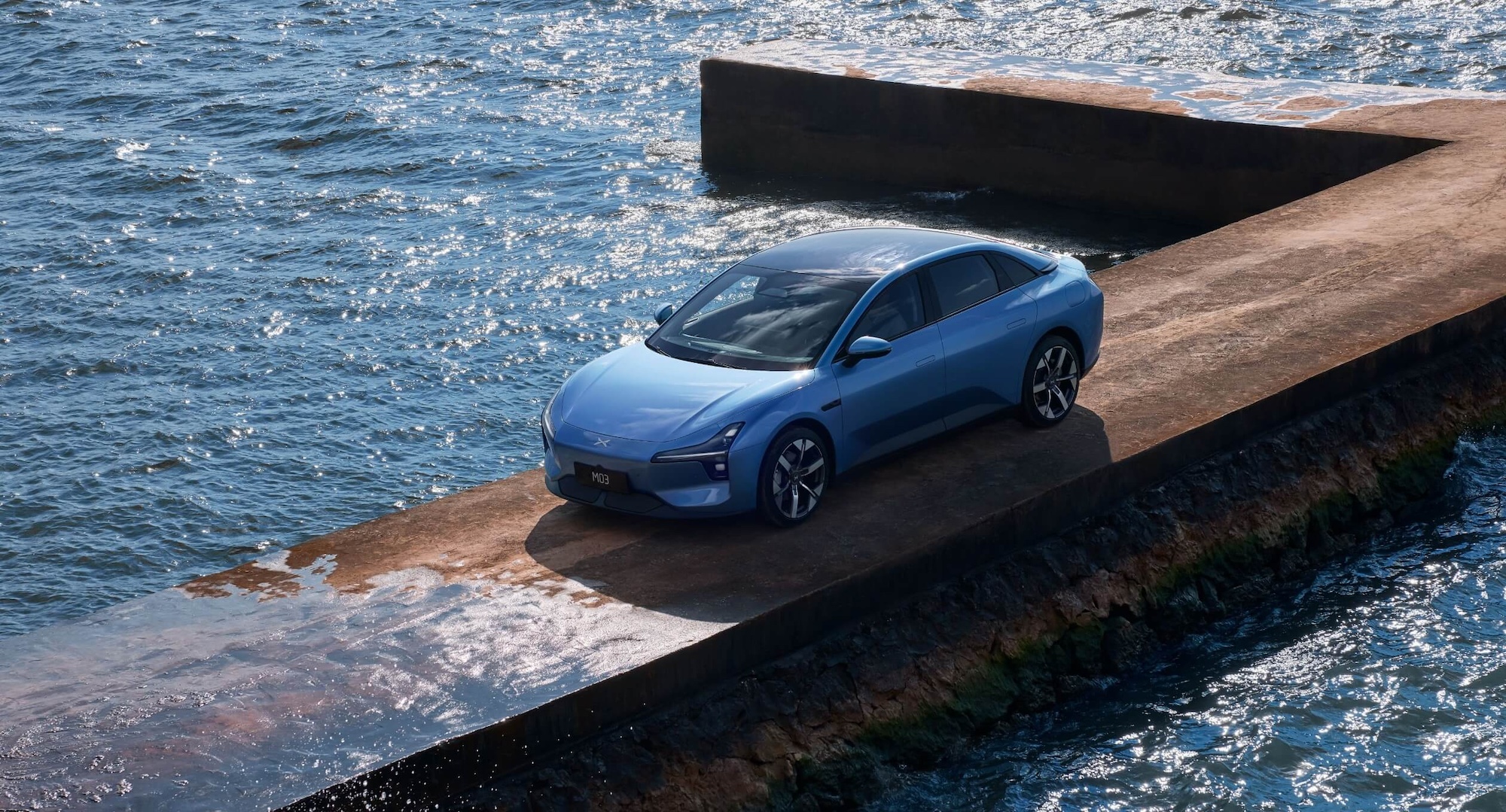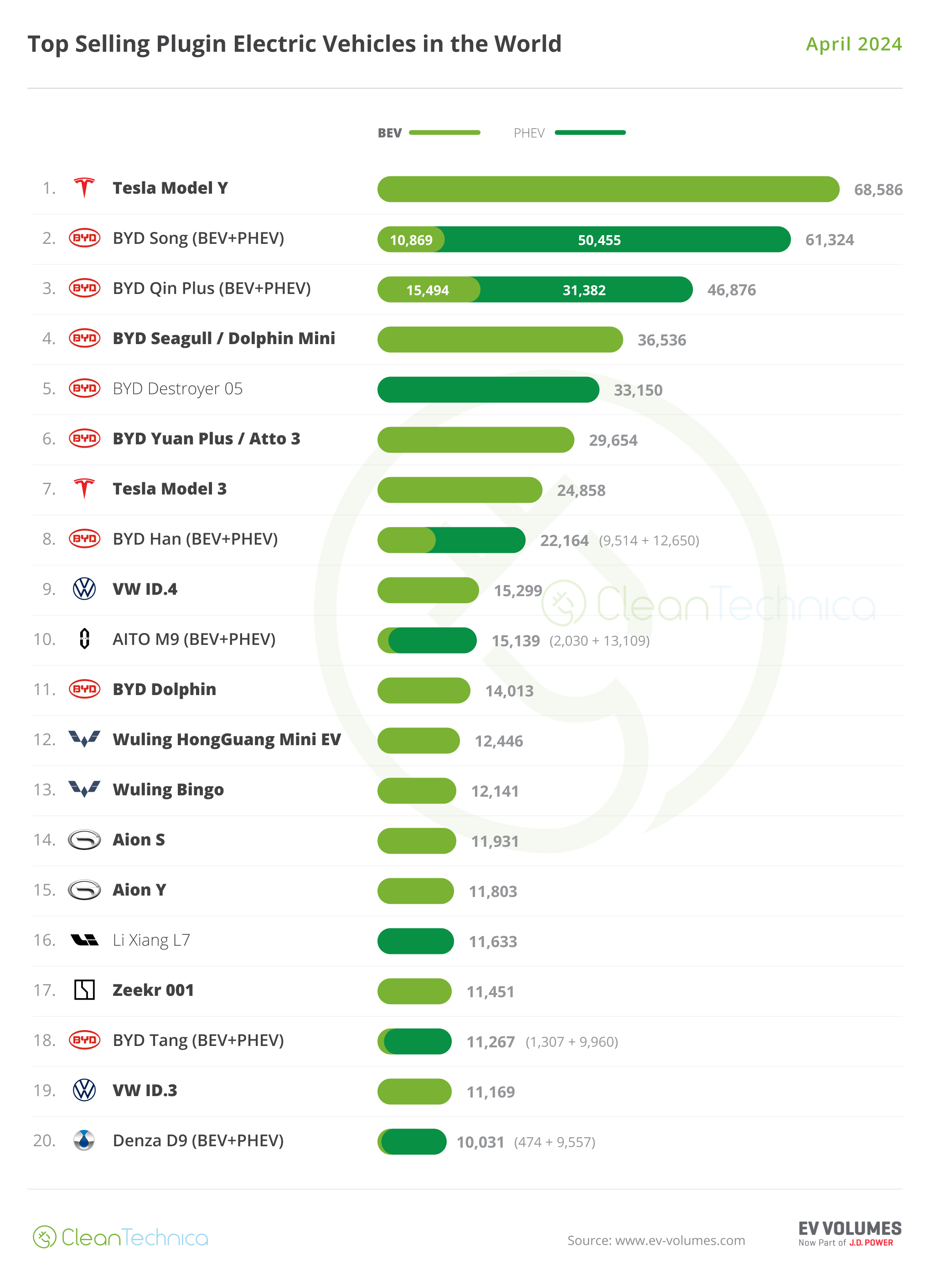
Before you ask, it’s not clear who Panasonic will be producing these batteries for. Rather, the focus is on Panasonic getting this special silicon anode material from the UK company Nexeon, and stated reason is “to boost the performance of lithium-ion batteries for electric vehicles (EVs).” Panasonic already produces high-quality, high-performance batteries, most notably for Tesla. Perhaps these new batteries will be for Tesla too, but we don’t know yet.
Panasonic plans to produce these EV batteries, starting in 2025, in De Soto, Kansas.
Panasonic is well known as a leader in the electric vehicle revolution, since it was Tesla’s key partner when Tesla decided to start building battery gigafactories. At the time, the plan for a Tesla–Panasonic battery gigafactory seemed wild. It indicated a massive jump in EV battery production globally even. Now, we routinely get updates about new battery gigafactories being built by automaker–battery producer partnerships.
Panasonic says that it has continuously been working to improve battery energy density to provide longer range for electric vehicles — and, naturally, the aim is to do so at lower cost. The Chinese company CATL and the South Korean company LG Energy Solution have grown to be larger EV battery producers than Panasonic, but Panasonic is not out of the game and continues to innovate and land customers.
Regarding the latest news, Panasonic writes, “In general, realizing higher energy density of battery cells requires improving capacity of not only cathodes but also anodes. Silicon materials are considered the key to boosting battery performance because their theoretical capacity is approximately 10 times than that of graphite, which is currently commonly used as an anode material. However, there is a hurdle to increasing the percentage of silicon in anodes as problems arise from its expansion characteristics when the cells are charged, resulting in battery capacity fade.” Clearly, the hope here is that Nexeon has cracked the case, and Panasonic is leading the way in its use of Nexeon’s advanced silicon.
“Panasonic Energy, an industry leader, has actively developed technologies to harness silicon based materials and become the first company to succeed in mass production of silicon-doped EV batteries. Panasonic Energy will be among the first in the industry to use Nexeon’s new high-capacity silicon capable of containing expansion under charging to boost battery performance. The Company will continue to increase the percentage of silicon with the aim of attaining the target of improving the volumetric energy density 5% by 2025 and 25% by 2030 as stated in the Panasonic Energy’s business strategy.”
Featured image via Nexeon
I don’t like paywalls. You don’t like paywalls. Who likes paywalls? Here at CleanTechnica, we implemented a limited paywall for a while, but it always felt wrong — and it was always tough to decide what we should put behind there. In theory, your most exclusive and best content goes behind a paywall. But then fewer people read it! We just don’t like paywalls, and so we’ve decided to ditch ours. Unfortunately, the media business is still a tough, cut-throat business with tiny margins. It’s a never-ending Olympic challenge to stay above water or even perhaps — gasp — grow. So …
Sign up for daily news updates from CleanTechnica on email. Or follow us on Google News!
Have a tip for CleanTechnica, want to advertise, or want to suggest a guest for our CleanTech Talk podcast? Contact us here.
Former Tesla Battery Expert Leading Lyten Into New Lithium-Sulfur Battery Era:
CleanTechnica uses affiliate links. See our policy here.




